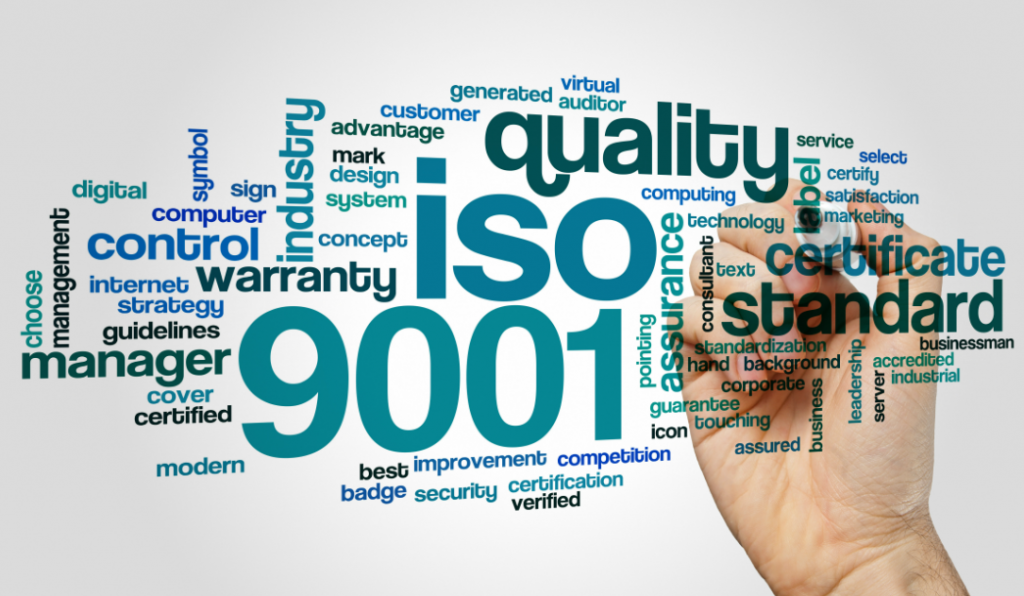
In a rapidly evolving global business landscape, ensuring the quality of products and services has become paramount for organizations seeking sustainable growth and customer satisfaction. ISO 9001, a globally recognized standard for quality management systems (QMS), has gained increasing importance for Pakistani businesses. This certification not only enhances the credibility of organizations but also serves as a strategic tool for navigating the competitive business environment.
ISO 9001 certification provides businesses in Pakistan with global recognition. As international trade becomes more interconnected, many companies worldwide prefer to engage with suppliers and partners who adhere to recognized quality standards. Obtaining ISO 9001 certification opens doors to new markets, facilitates international trade, and improves the overall competitiveness of Pakistani businesses on the global stage.
Implementing ISO 9001 standards demonstrates a commitment to delivering consistent and high-quality products or services. This commitment fosters customer confidence and satisfaction, crucial elements for any business’s success. In a competitive market, customers are more likely to choose a company with a certified QMS, as it reflects a dedication to meeting or exceeding customer expectations.
ISO 9001 emphasizes process efficiency and continuous improvement. Adopting these principles helps Pakistani businesses streamline their operations, reduce waste, and enhance overall efficiency. Improved efficiency often translates to cost savings, allowing organizations to allocate resources more effectively and invest in areas that drive innovation and growth.
ISO 9001 encourages businesses to identify and manage risks systematically. By implementing a robust QMS, Pakistani companies can proactively address potential issues, ensuring compliance with regulations and standards. This not only minimizes the likelihood of disruptions but also builds resilience in the face of unforeseen challenges.
Adhering to ISO standards often means aligning with legal and regulatory requirements. This reduces the risk of non-compliance and the associated legal consequences. ISO certification provides a structured framework for organizations to ensure that they meet not only customer expectations but also legal and regulatory obligations in various jurisdictions.
ISO 9001 promotes clear communication and documentation of processes within an organization. This clarity enhances collaboration among teams and departments, reducing the likelihood of errors and miscommunication. Well-defined processes contribute to a more organized and efficient workplace, fostering a culture of accountability and responsibility among employees.
Achieving ISO 9001 certification sets Pakistani businesses apart from competitors. It becomes a powerful differentiator in the marketplace, signaling to customers and stakeholders that the company is committed to delivering quality. A positive brand image, supported by ISO 9001 certification, can attract new customers and partners while solidifying relationships with existing ones.
In a dynamic business environment, ISO 9001 certification has emerged as a key driver of success for Pakistani businesses. Beyond the immediate benefits of global recognition and customer satisfaction, it instills a culture of continuous improvement and operational excellence. By embracing ISO 9001, Pakistani companies not only enhance their competitiveness but also contribute to the overall growth and development of the national economy. As businesses strive for excellence, ISO 9001 certification stands as a beacon, guiding them toward a future of sustainable success.
We offer business solutions worldwide. Our Company is an Engineering, Management Consulting and Certification Firm set up in 2007 by professional Engineer’s and professional Scientist’s of Pakistan.